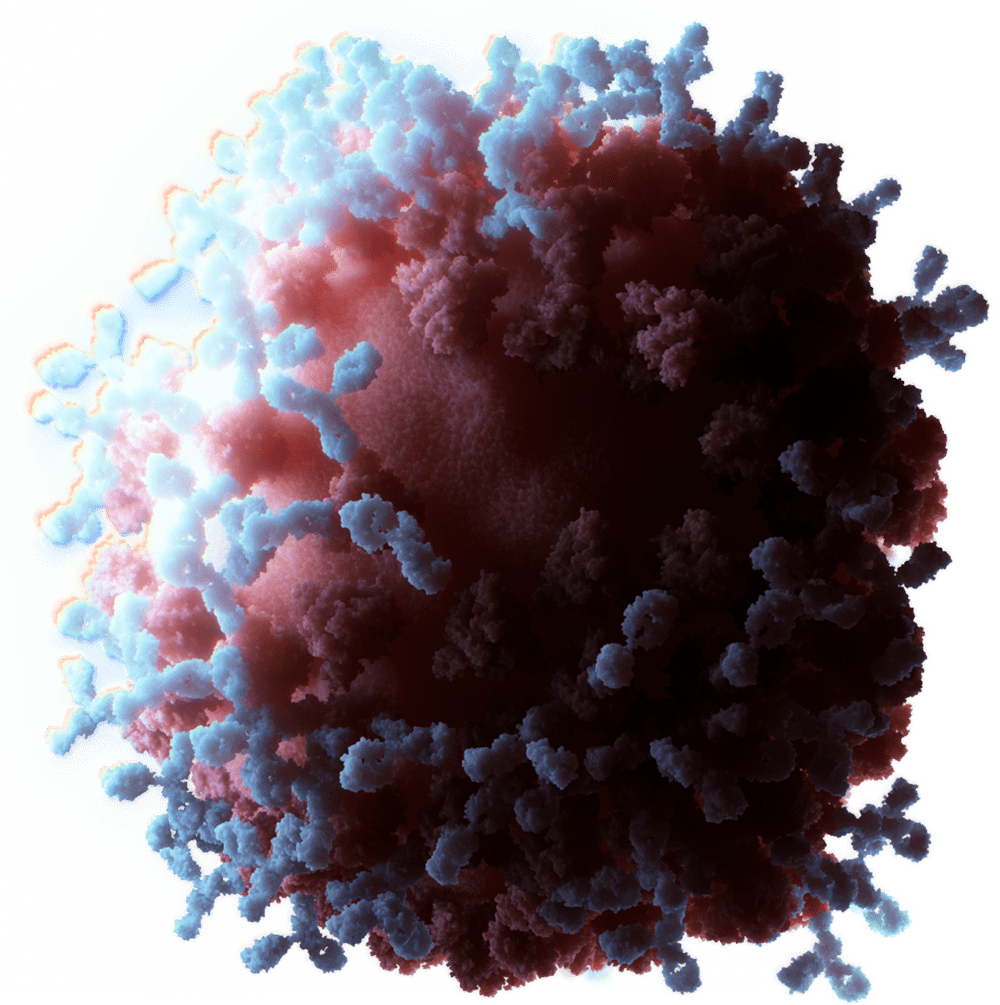 |
David Morris
Emeritus Professor of Biochemistry
PhD 1964 University of Illinois
BA 1961 UCLA
|
Research
Regulation of mRNA translation into protein provides a mechanism for a cell to rapidly and massively alter its proteome in response to changes in the physical, chemical and biological environment. Translational control plays an important role throughout nature, from unicellular organisms to Metazoans. Our group is interested in those features of mRNA structure – cis elements – that confer unique regulatory properties upon transcripts (Morris, 1997). Examples of these elements are binding sites for translational repressor proteins (Kaspar et al., 1992) and small open reading frames located within the 5 leaders of mRNAs (Raney et al., 2002;Jin et al., 2003).
A second interest of our group is how the translation of individual mRNAs is coordinated at a transcriptome-wide level, to form regulatory networks. The exploration of this second area has necessitated the development of tools for evaluating translational control at the genome scale (http://faculty.washington.edu/dmorris/). Through these studies, using Saccharomyces cerevisiae as a model organism, we have found groups of functionally related mRNAs that are poorly translated in non-stressed cells, but are poised to recruit ribosomes in response to the appropriate external stimulus (Serikawa et al. 2003; MacKay et al. 2004).
Examples of these classes of poised transcripts are those that encode proteins involved in cellular responses to mating pheromone, nitrogen starvation and osmotic stress. We are currently studying the mechanisms through which these coordinated regulatory responses are mediated.
Publications:
